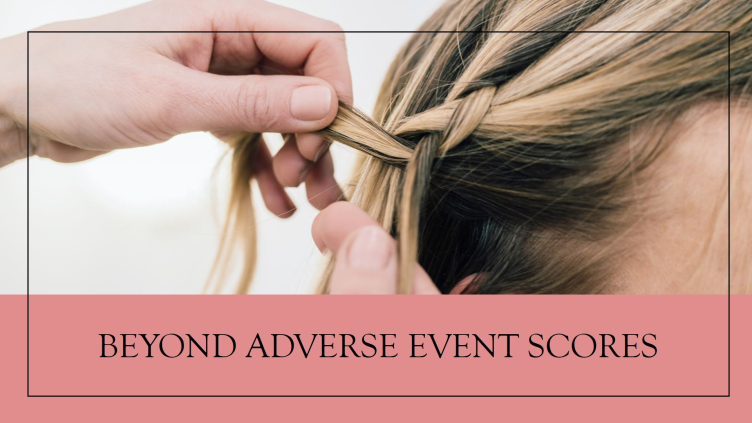Suresh Vs Attili, Co-Founder and Chief Physician Scientist at
“The Emotional Impact of Hair Loss During Chemotherapy
Hair loss from chemotherapy is more than a physical change; it affects emotional well-being and self-esteem, differing greatly between genders. Women often face severe distress due to societal beauty standards, while men struggle with self-image and confidence. Healthcare providers must offer holistic, gender-sensitive support to improve patient compliance and outcomes.

Chemotherapy, while a life-saving treatment for many cancer patients, comes with a host of side effects. Among these, hair loss is often considered a minor issue when evaluated through clinical metrics like the Common Terminology Criteria for Adverse Events (CTCAE) scores. However, this perspective overlooks the profound emotional impact hair loss can have on patients, which in turn can significantly affect their compliance with treatment regimens.
The Emotional Weight of Hair Loss
Hair loss, or chemotherapy-induced alopecia, is more than just a physical change. For many patients, it represents a loss of identity and privacy, a constant reminder of their battle with cancer. This can lead to feelings of vulnerability, loss of control, and diminished self-esteem. The psychological burden can be immense, affecting not just the patient’s emotional well-being but also their social interactions and overall quality of life.
Gender Differences in Emotional Impact
The emotional toll of hair loss is not uniform across genders. Women, in particular, may experience a more profound impact due to societal standards and personal perceptions of beauty and femininity. For many women, hair is closely tied to their identity and sense of self. The loss can be devastating, leading to anxiety, depression, and social withdrawal.
Men, on the other hand, might face different challenges. While societal norms may make it somewhat easier for men to accept baldness, the sudden and drastic change can still be a significant emotional hurdle. The stigma of illness and the visible sign of vulnerability can affect their self-image and confidence.
Beyond the Numbers: The Need for Holistic Care
Current adverse event scoring systems like the CTCAE are essential for clinical trials and treatment assessments, but they fall short in capturing the full spectrum of a patient’s experience. These scores are primarily focused on the physical aspects of side effects, often neglecting the emotional and psychological dimensions.
To truly support patients undergoing chemotherapy, healthcare providers need to adopt a more holistic approach. This includes:
- Psychological Support: Offering counseling and support groups can help patients navigate the emotional challenges of hair loss.
- Patient Education: Providing information about what to expect and ways to manage hair loss can empower patients and reduce anxiety.
- Cosmetic Solutions: Offering wigs, scarves, and other head coverings can help patients feel more like themselves and maintain their confidence.
- Gender-Sensitive Care: Recognizing and addressing the different ways men and women experience hair loss can lead to more personalized and effective support strategies.
The Role of Healthcare Providers
Healthcare providers play a crucial role in addressing the emotional aspects of chemotherapy-induced hair loss. By acknowledging the emotional impact and providing comprehensive support, they can help improve patient compliance and overall treatment outcomes. This holistic approach not only aids in the physical healing process but also supports the emotional and psychological well-being of patients.
In conclusion, while adverse event scores like the CTCAE are valuable for tracking chemotherapy side effects, they do not fully encapsulate the emotional impact of hair loss. Understanding and addressing this emotional toll, particularly the gender differences, is essential for providing compassionate and effective cancer care. By doing so, we can help patients maintain their dignity, confidence, and hope throughout their treatment journey.”
Source: Suresh Vs Attili/LinkedIn


